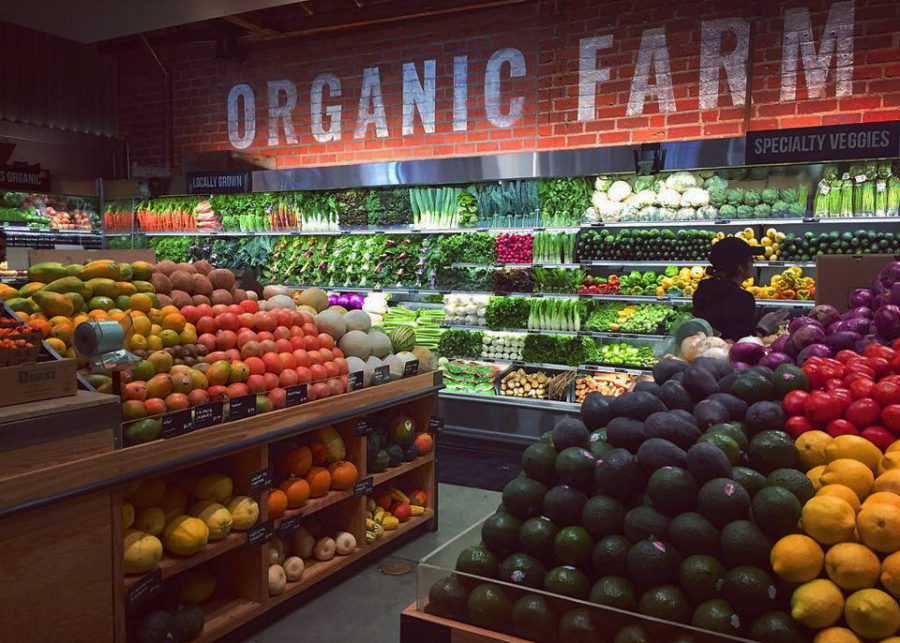Going Green Shouldn’t Cost Green
Erewhon, Tesla and Patagonia are all brands that heavily market the sustainability of their expensive products. They claim that they are making enormous steps in the fight against climate change and that their products are the future to justify their steep costs. These brands market exclusively to wealthy audiences and are well aware that their products can never be widely accessible. Instead, these companies should make the eco-friendly lifestyle more available, regardless of one’s economic status.
The three brands listed above are not the only ones with this marketing. In recent years, there has been a growing trend with “green” startups claiming to directly fight climate change while offering products with extreme markups. This practice contradicts these businesses’ supposed environmentalist goals and makes living sustainably unrealistic for the average person.
Sustainable goods are being viewed as a luxury brand, with less and less focus on affordability. In fact, according to Deloitte, the only reason that 52 percent of American consumers refrain from buying sustainable products is because of their price.
The grocery store chain Erewhon is infamous for its extreme pricing and heavy celebrity marketing. Since its founding in the 1960s, the company has had numerous collaborations with popular celebrities including Miley Cyrus, Gwenyth Paltrow, Kim Kardashian and many more. The store quickly grew after its founding in Southern California and now operates eight stores throughout Los Angeles and Ventura counties in California. Erewhon’s prices are sky-high, with a half-liter bottle of water costing 25 dollars, a gallon of milk for 20 dollars and vinegar being 49 dollars.
Erewhon seeks to frame itself as a luxury grocery store, but also floods social media with advertisements of them creating a sustainable future when they are doing the exact opposite. As Aidan Ormsby (II) puts it, “They are motivated by the same thing that people hurt the environment are: greed.” It is important to not buy into their misleading advertising and hold them accountable for being the insanely greedy corporation they are.
Despite the fact that only the wealthy can adopt a green lifestyle, green products are reducing harmful environmental effects. GreenCoast has found that becoming sustainable reduces pollution, energy costs and toxic waste while also conserving natural resources.
Of course, the sustainable life only being obtainable by the rich is not an effective long-term solution in minimizing negative environmental impacts. Instead of blaming consumers, people should blame companies for making the green lifestyle impossible. Maya Nelson (I) believes that “we should be thinking beyond reliance on corporations to solve an issue they have continuously profited from.”
In order to make green products more accessible, the government must begin to promote and invest in the eco-friendly lifestyle. It can start by opening up zero-waste stores, which are shops that encourage refillable containers and eliminate packaging by providing reusable bags. Providing food vouchers would also encourage more to follow the path of sustainability.
Government regulation of certain unsustainable industries can also help make eco-friendly lives more obtainable. Boston Latin School economics and U.S. history teacher, Mr. Edward Kearns says, “Using the power of law to require sustainable and responsible practices is the most effective option available in our society.”
As of this moment, sustainable products are mainly marketed toward the wealthy, but there are still thousands of other ways to go green. Planting a tree, picking up some trash off the ground, using a reusable water bottle and composting are some actions you can take to go green. Anybody can reduce their ecological footprint by committing to these simple actions, demanding less from the environment while not having to be uber-rich.







